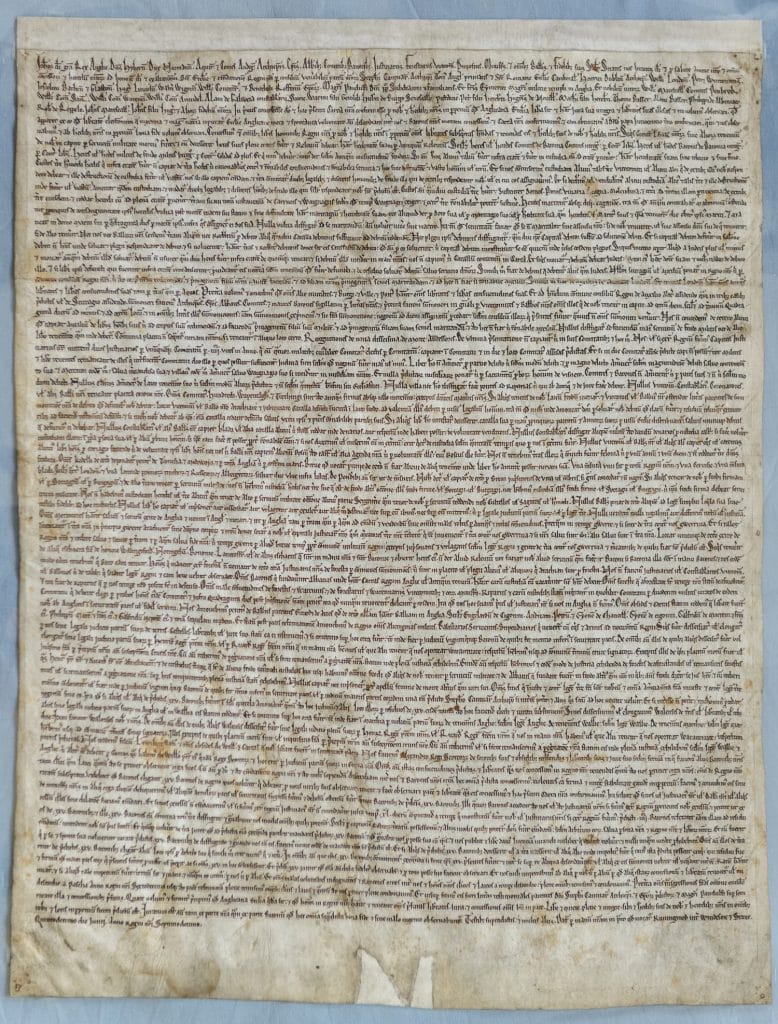On this day 805 years ago, the Magna Carta was signed by King John of England. But what was so special about that document signed back in 1215 and how has it come to shape our political system today?
Today, Parliament is the sovereign power in the UK, meaning it has the highest authority in the political system. Parliament makes the political decisions and laws that impact the way we live. Politics can impact us in many different ways – usually every five years, we as the people get to have our say through the chance to vote in elections for candidates to represent us in Parliament.
However, it hasn’t always been like this.
Parliament and the system of UK Democracy have developed over many centuries and England used to be ruled by a King. Back in 1066, William the Conqueror came to power – he was extremely powerful and owned most of the land of the kingdom.
In 1199, King John came to power but he became rather unpopular. King John decided to raise taxes which angered the barons, the people who he relied on to help him govern the kingdom. The barons repeatedly rebelled against the King and in 1215, negotiations between the rebel barons and the King led to the creation and the signing of a document called the Magna Carta.
The Magna Carta is an important document in history because it was the first document to set out the principle that the King and his government were not above the law – meaning, they still had to follow some rules.
The charter of rights largely reduced the power of the King by limiting his authority and making clear that the law is of greater importance. The Magna Carta applied to both the King and the people, setting out the laws they had to follow for the first time. It created the foundations for further laws and the development of Parliament.
The Magna Carta wasn’t the only step to lead to the creation of today’s political system in the UK, but it was a significant one. It set the principle for the first time that the monarch and the government are not above the law. While the political landscape is rather different today, the principle is still in effect.
Today, the government governs the country on behalf of Her Majesty the Queen and the government is not allowed to break the law. For example, in 2019, the Supreme Court ruled that the government’s propagation (or suspension) of Parliament was ‘unlawful’ and ‘void and of no effect’.
Today, only four copies of the Magna Carta remain in existence. One copy is displayed at Salisbury Cathedral – in 2018, a man was arrested for trying to steal the document.
Credit: Photo of Magna Carta shared under the Open Government Licence v3.0



